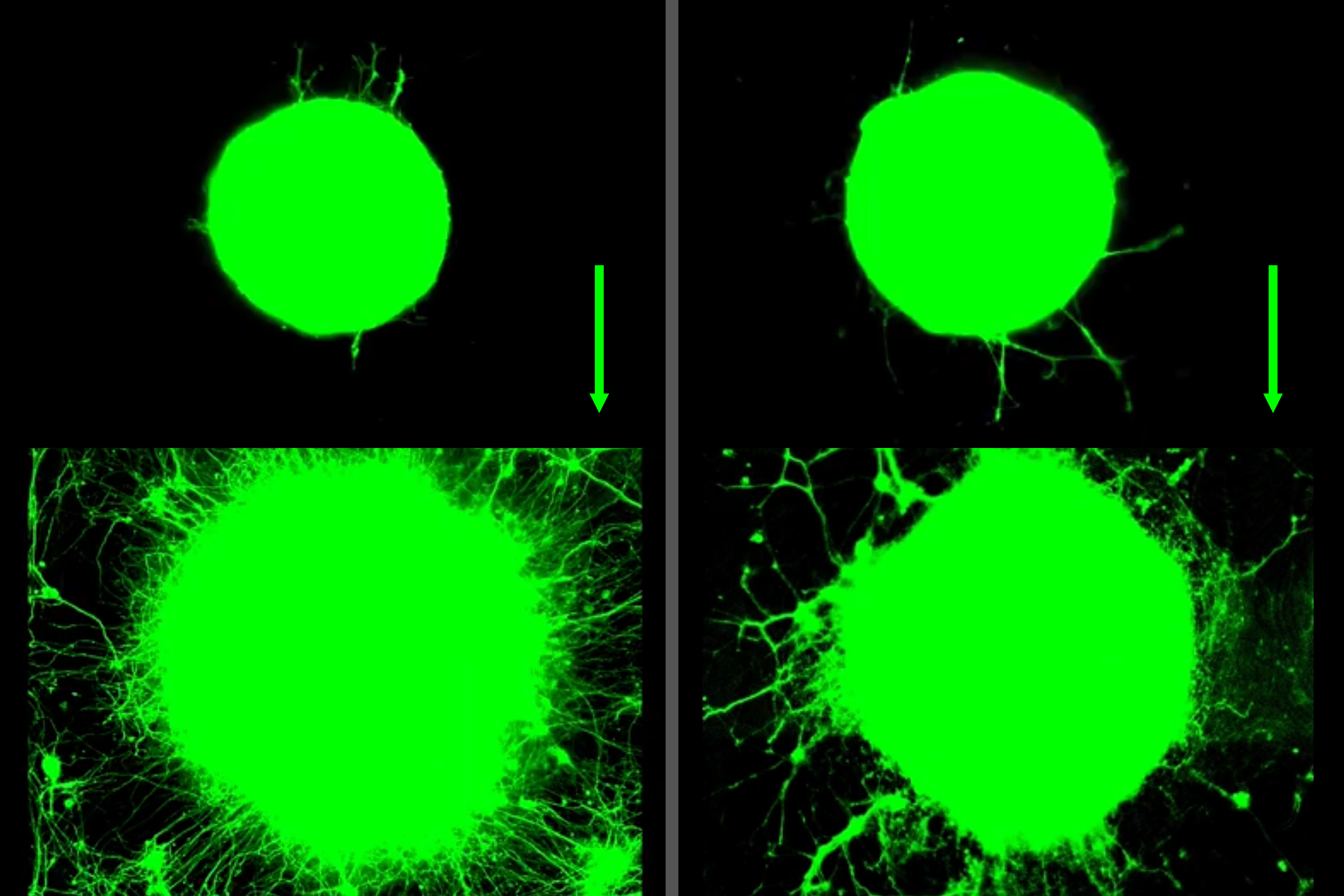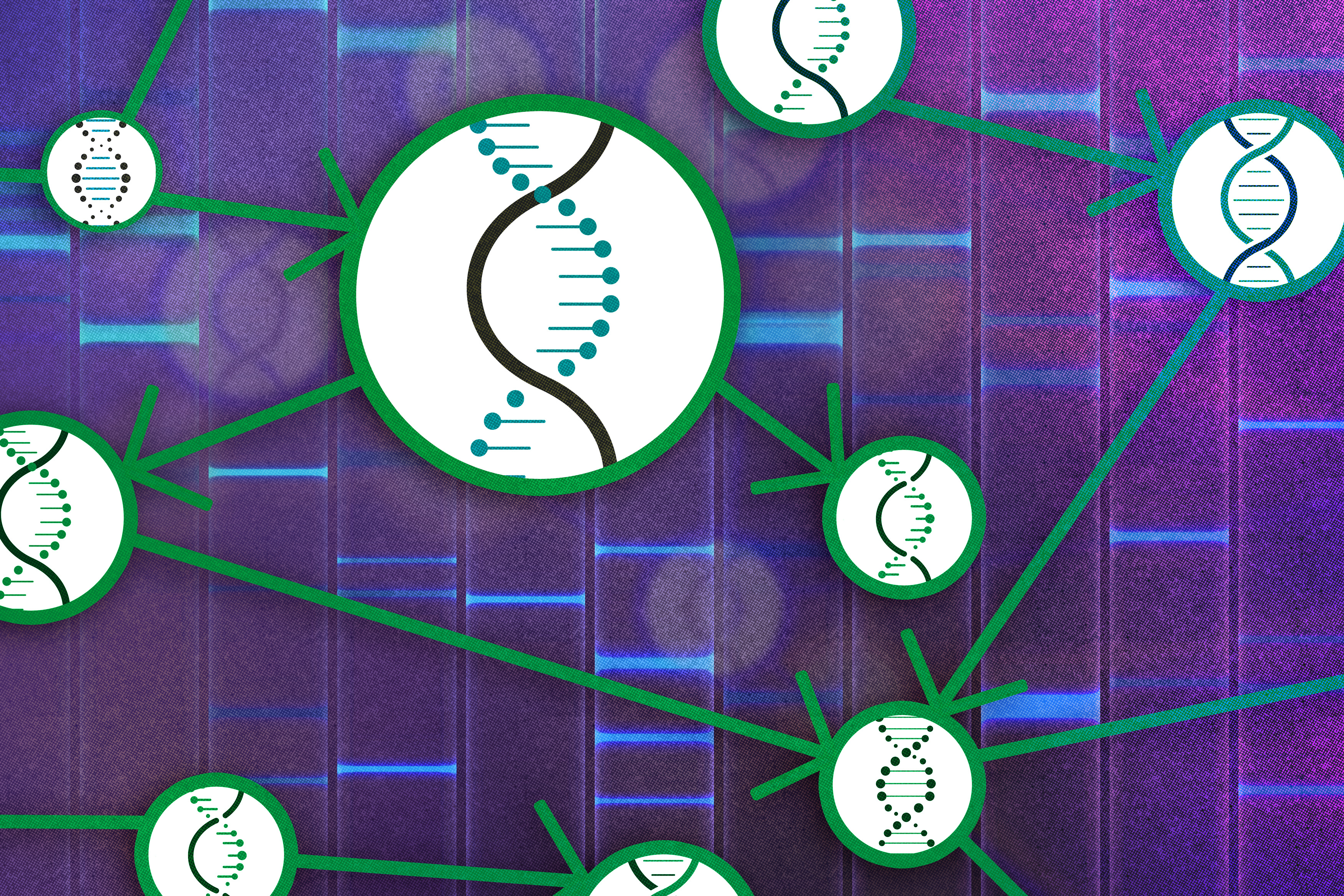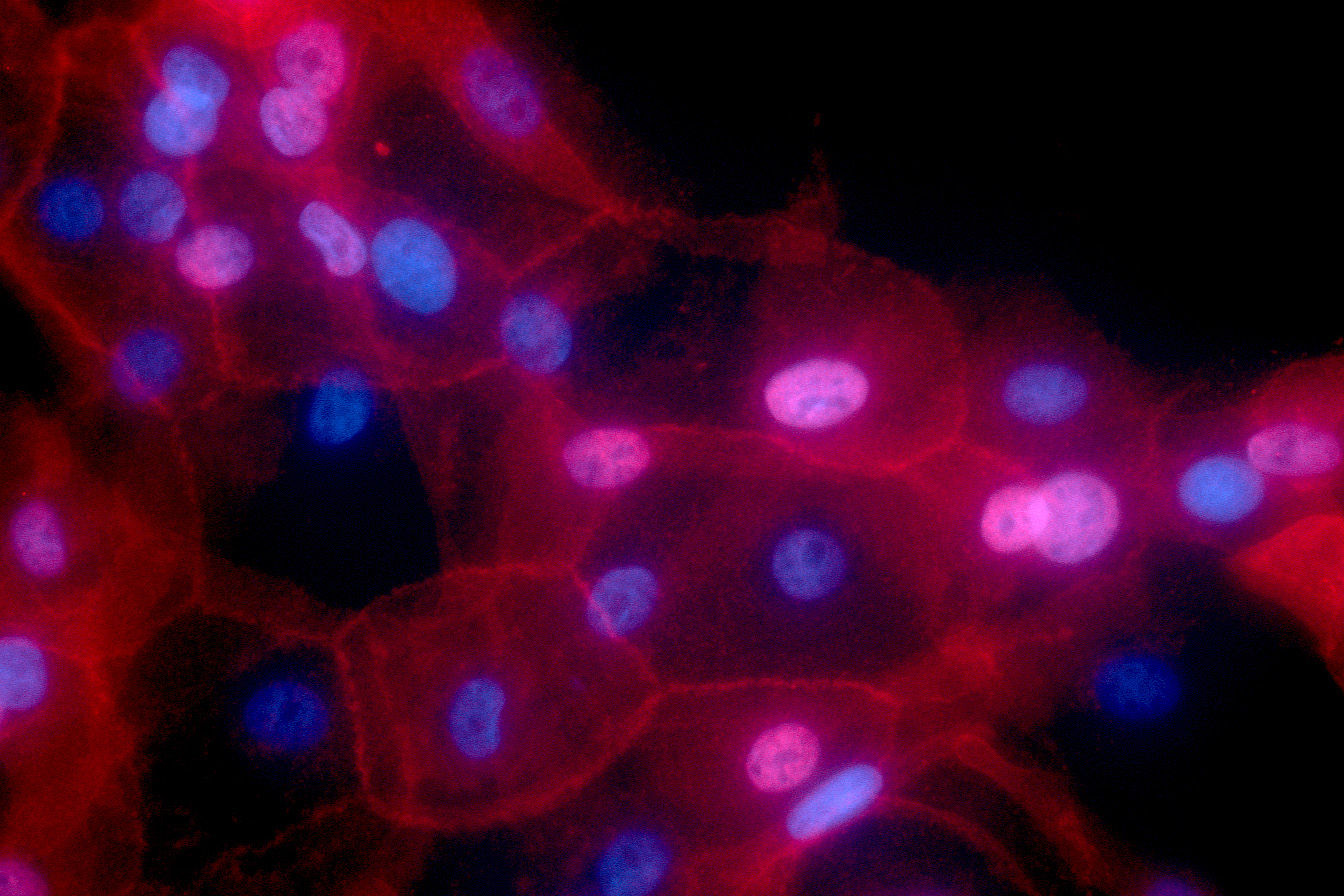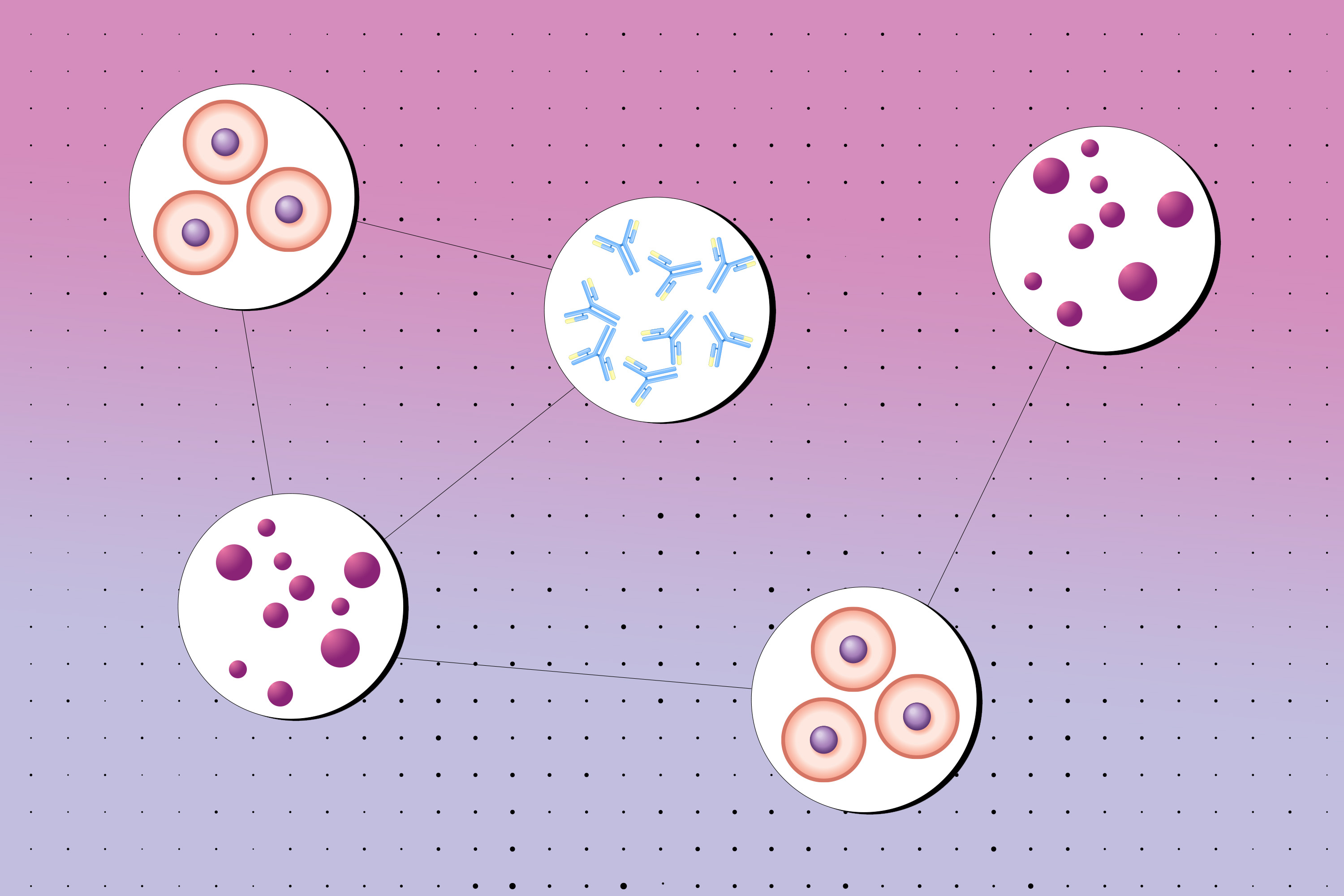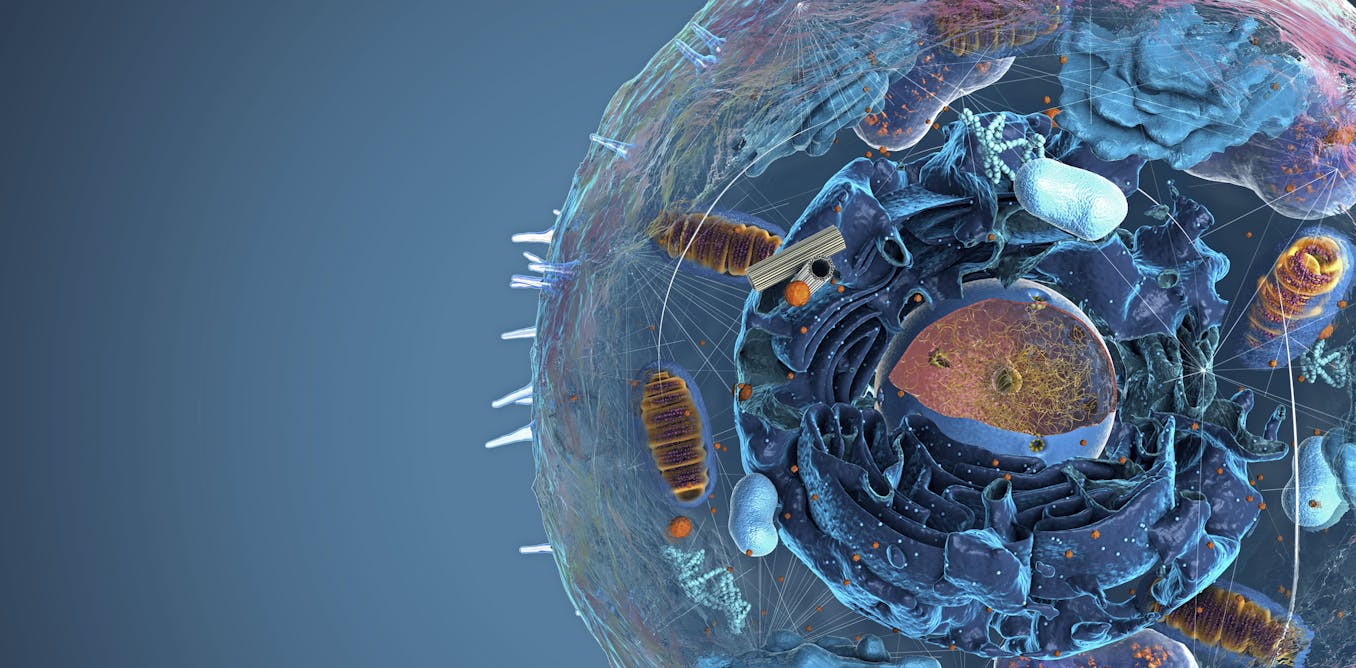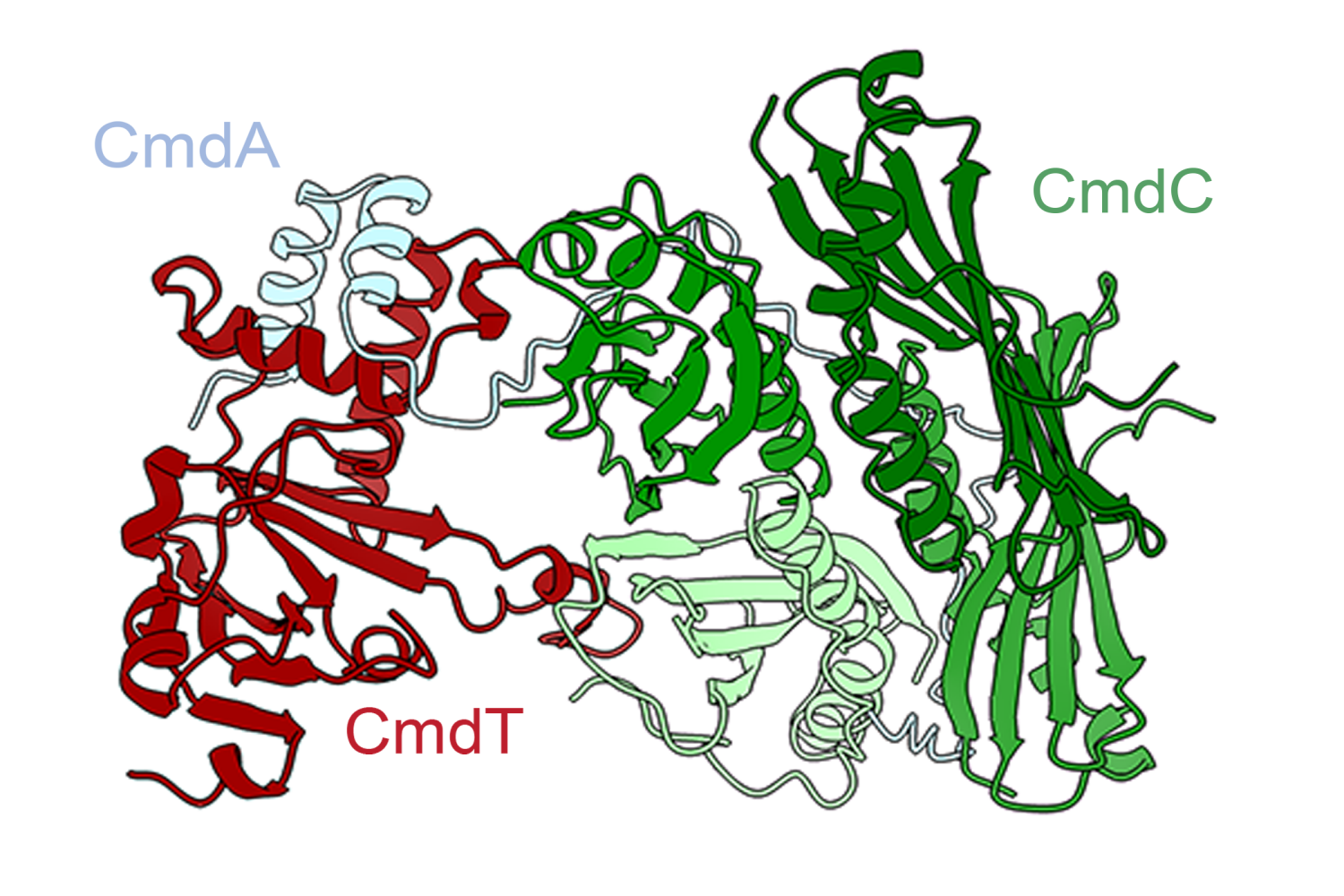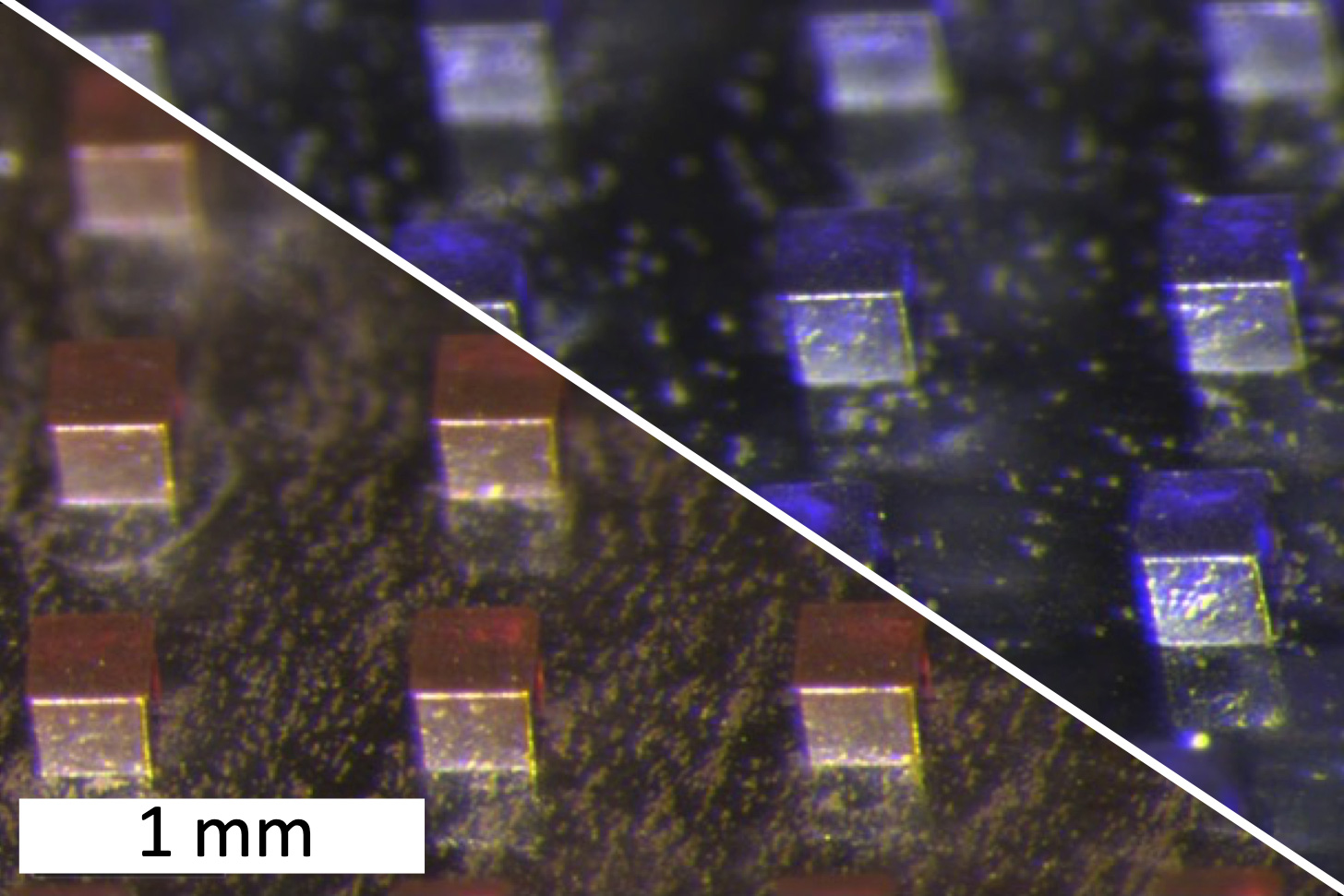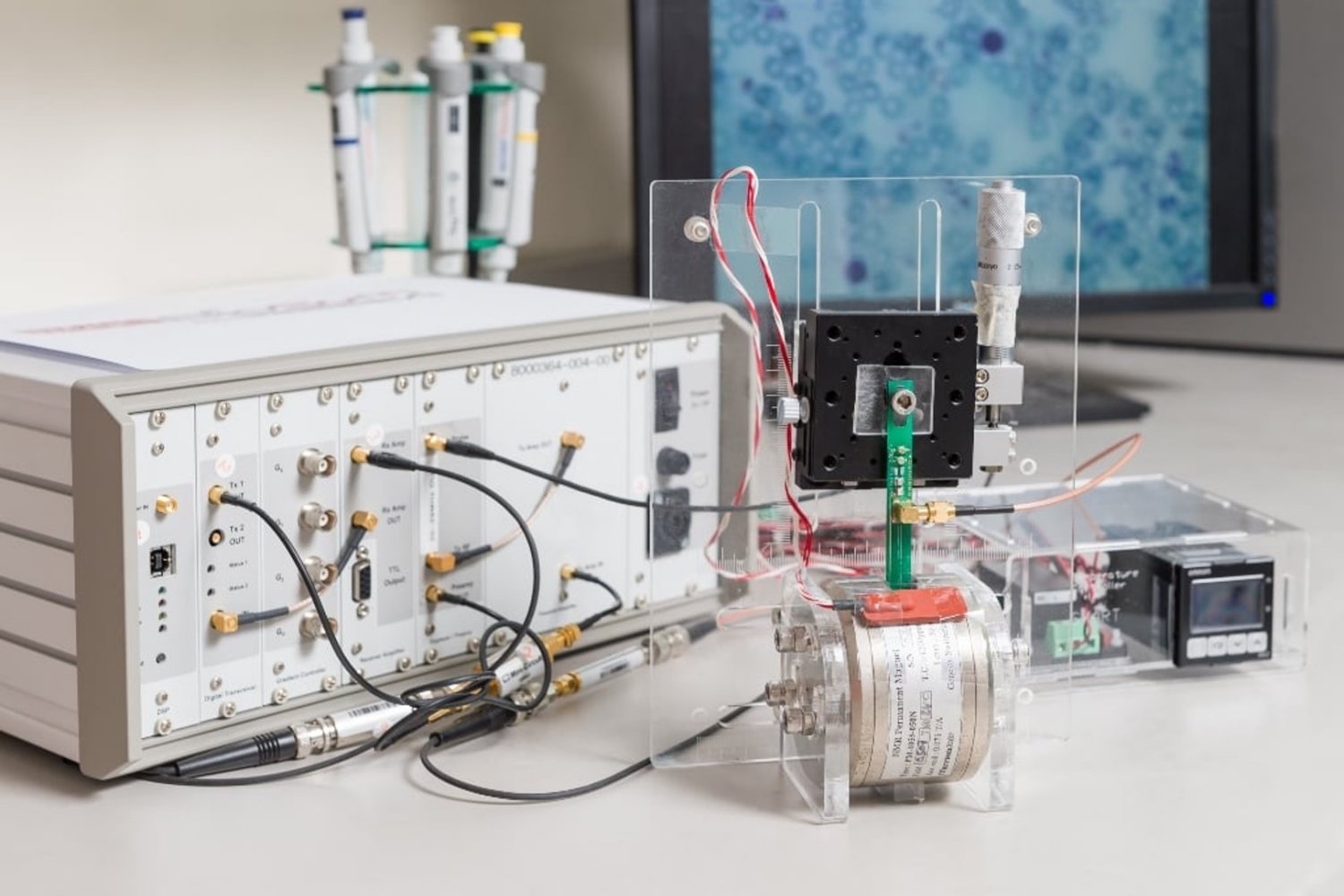Cells have more mini ‘organs’ than researchers thought − unbound by membranes, these rogue organelles challenge biology’s fundamentals
Membraneless organelles, also called biomolecular condensates, are changing how scientists think about protein chemistry, various diseases and even the origin of life.
Allan Albig, Associate Professor of Biological Sciences, Boise State University •
conversation
Nov. 5, 2024 • ~8 min
Nov. 5, 2024 • ~8 min
Grow fast, die young? Animals that invest in building high-quality biomaterials may slow aging and increase their lifespans
Understanding the differences in growth rate between animals can help clarify the mechanisms behind aging-related diseases and offer ways to treat them.
Chen Hou, Associate Professor of Biology, Missouri University of Science and Technology
• conversation
Oct. 29, 2024 • ~8 min
Oct. 29, 2024 • ~8 min
Rain may have helped form the first cells, kick-starting life as we know it
The earliest cells likely didn’t have membranes to separate and protect their components and chemistry away from a harsh surrounding environment. But they may have made do with rain.
Aman Agrawal, Postdoctoral Scholar in Chemical Engineering, University of Chicago Pritzker School of Molecular Engineering •
conversation
Oct. 15, 2024 • ~12 min
Oct. 15, 2024 • ~12 min
/
138

